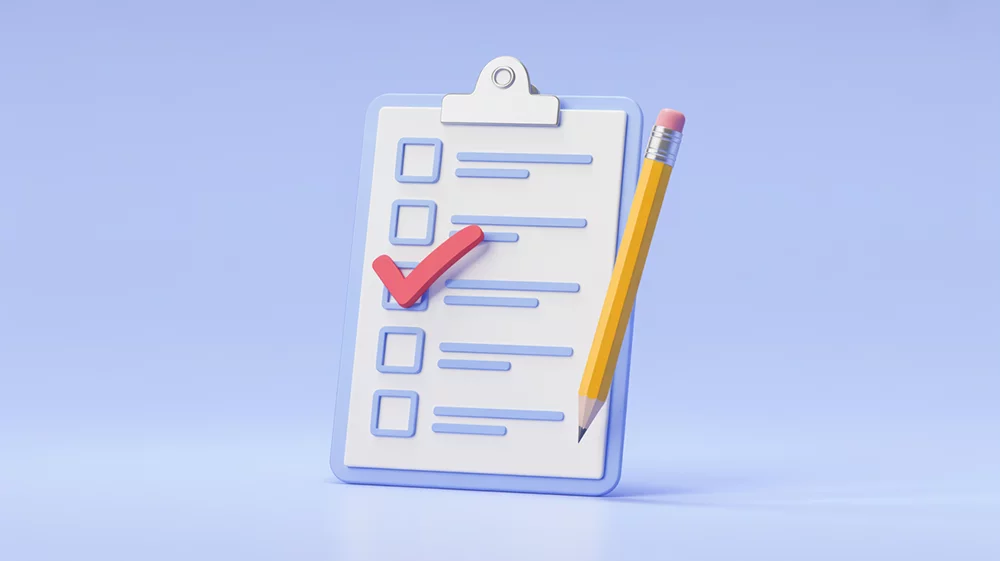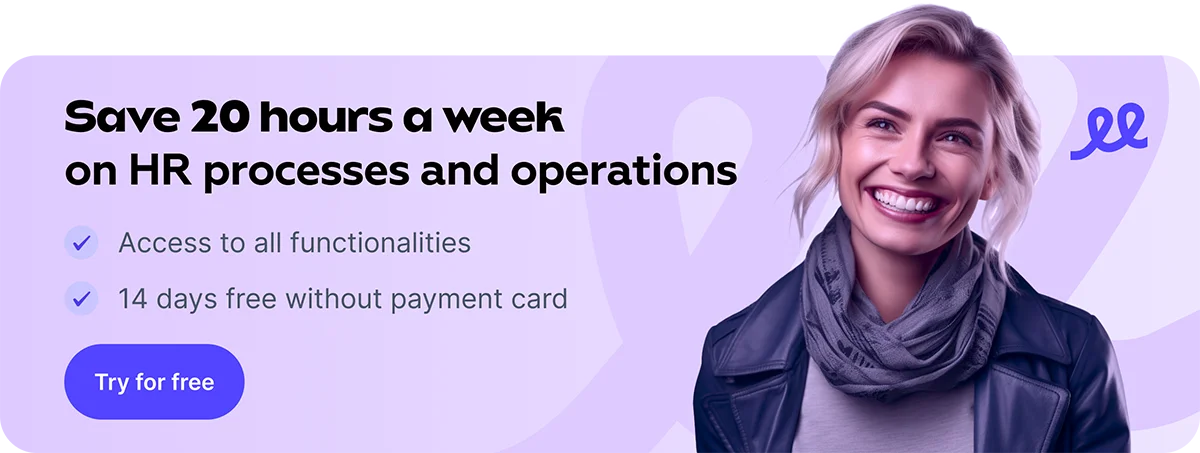Exit Interview Questions

An effective offboarding strategy is just as crucial as a welcoming onboarding process. While most companies celebrate new arrivals, the departure of an employee is often met with quiet formalities. This is a missed opportunity. The exit interview is a powerful tool that can provide honest, invaluable employee feedback to help your organization improve.
What Is an Employee Exit Interview?
An employee exit interview is a structured conversation between an organization and a departing employee. Often overlooked or treated as a mere formality in the offboarding process, it is a unique chance to gather candid insights you might not otherwise hear. Because they are leaving, employees are typically more open and no longer fear negative consequences for their honesty.
This is your chance to get an unfiltered look at your company culture, management practices, and overall employee experience. While some of the feedback might be hard to hear, it is essential for improving the workplace environment, increasing employee retention, and strengthening your employer brand. A simple exit survey sent by email can’t capture the nuance that a real conversation can.
How to Conduct a Meaningful Exit Interview
To get the most out of offboarding interviews, your approach matters. Are you just checking a box, or do you genuinely want to learn?
- Interview vs. Survey: You can send an online employee exit survey. It’s quick and automated. However, if you truly want valuable feedback, a semi-structured interview is far superior. It provides a formal framework but allows for a human element. The most important insights are often found in the pauses, hesitations, and off-the-cuff remarks that would never be written in an exit interview form.
- Timing is Key: The interview should take place before the employee’s last day, not during the chaotic return of company equipment. Schedule a dedicated time in a comfortable, private setting. This creates a safe atmosphere for an open, one-on-one conversation and gives the departing employee a chance to share anything on their mind.
- Keep it Focused: When it comes to the number of questions, less is more. Define the most important exit interview questions you want to ask—aim for no more than ten. Treat it as a conversation, allowing you to ask follow-up questions based on their responses. Be sure to carefully record the answers from all exit interviews to track trends over time.
When an Exit Interview May Not Be Appropriate
Does it make sense to conduct an exit interview with every departing employee?
For voluntary departures, absolutely. However, when an employee is leaving involuntarily, you should proceed with caution. In this situation, an exit interview can feel insensitive and may generate more emotion than actionable information. The responses might be sharp, inaccurate, or completely guarded—not because the person is uncooperative, but because they lack the capacity to be constructive at that moment. This can also touch on sensitive legal issues or compliance issues related to their termination.
If you still feel there is value in asking a few questions, do it informally outside of the official interview process. Skip the automated forms and focus only on what is essential to understand. You want to avoid a situation where a terminated employee receives an exit survey with the first question being, “What was the primary reason for your decision to leave?”
The Ultimate List of Exit Interview Questions
Use these exit interview questions to ask as inspiration, not a rigid checklist. Select the ones that make sense for the specific individual, role, and situation. An exit interview questions template can be a good starting point, but personalization is key.
Reasons for Leaving
- What prompted your decision to leave the company?
- Was there a specific event that made you start considering other professional opportunities?
- What would have needed to change for you to stay?
- How long had you been thinking about leaving before you made your final decision?
Job Role and Responsibilities
- Did the job responsibilities align with the job description and your initial job expectations?
- Did you feel your skills were fully utilized in your role?
- Were your goals and expectations clearly defined?
- Did you have enough autonomy in your daily work and a reasonable work schedule?
Company and Workplace Culture
- How would you describe the relationships with your colleagues and the overall workplace culture?
- Did you feel like a valued part of the team?
- How would you characterize the corporate culture and organizational dynamics?
- Did you ever witness or experience any form of inappropriate behavior, such as discrimination, harassment, or a poor leadership style?
- What could be done to improve interpersonal relationships and employee morale?
- Does the company live up to its stated values and social responsibility goals?
Management and Leadership
- How would you rate your direct manager in terms of support, communication, and management effectiveness?
- Did you feel your work was valued and recognized through employee recognition programs?
- Did you receive constructive performance feedback regularly, outside of formal performance reviews?
- Do you feel that the various management styles in the company support leadership development?
Training and Career Development
- Were you given sufficient opportunities for professional development?
- Did you see a clear path for career development within the company?
- Did the company’s training and development programs address any training gaps?
- Were the training policies and training procedures effective?
Compensation and Benefits
- How do you rate your compensation and the company’s salary structure in relation to your workload?
- Was the employee benefits package valuable to you?
- Did you feel your compensation was fair and transparent?
Overall Impression and Recommendations
- What did you enjoy most about working here?
- What is the one thing you would recommend we improve?
- Would you recommend our company to a friend or colleague as a place to work?
- Is there anything else you would like to share with us?

Who Should Conduct the Exit Interview?
The employee exit interview is a sensitive discussion that requires empathy and trust. Some companies make the mistake of having the direct manager conduct it. This is not ideal, as the manager may be the reason the employee is leaving. Instead of honest feedback, you will likely get cautious, guarded answers.
The ideal interviewer is a neutral party, such as an HR representative or a trained HR professional. This person should:
- Not be involved in the employee’s day-to-day work.
- Have experience conducting sensitive conversations.
- Be an active listener who doesn’t judge or interrupt.
- Understand the broader context of the team and company policies.
- Be able to handle confidential information professionally.
Turning Exit Interview Feedback into Action
One of the biggest failures of the exit interview process is not that it isn’t done, but that the collected data sits in a file, unused. Here is how to conduct an exit interview process that delivers results and avoids high employee turnover.
- Aggregate and Anonymize Data: Analyze individual responses to identify patterns, recurring complaints, or praise.
- Perform Qualitative and Quantitative Analysis: Don’t just rely on checkboxes. Open-ended answers in your exit survey examples often contain the most valuable insights about specific people, situations, or process failures.
- Share Findings with Relevant Leaders: The conclusions should be shared with the human resources team, department heads, and top management to highlight company-wide trends and systemic issues.
- Integrate into HR Strategies: Use the findings to drive real change. This can inform leadership development initiatives, updates to the benefits package, improvements to recruiting strategies and talent acquisition, or a redesign of the corporate culture. Strong employer branding is built on showing you listen, often using social media and job marketing to highlight a positive culture based on employee opinions. This will improve future recruitment efforts.
Beyond the Exit: The Rise of Stay Interviews
An interesting shift in recent years is that some companies are not waiting for employee departures to ask for feedback. Stay interviews are proactive conversations with current employees to find out what keeps them at the company, what they value, and what might cause them to leave. It is a powerful tool for boosting employee engagement, employee satisfaction, and job satisfaction across the employee lifecycle.




